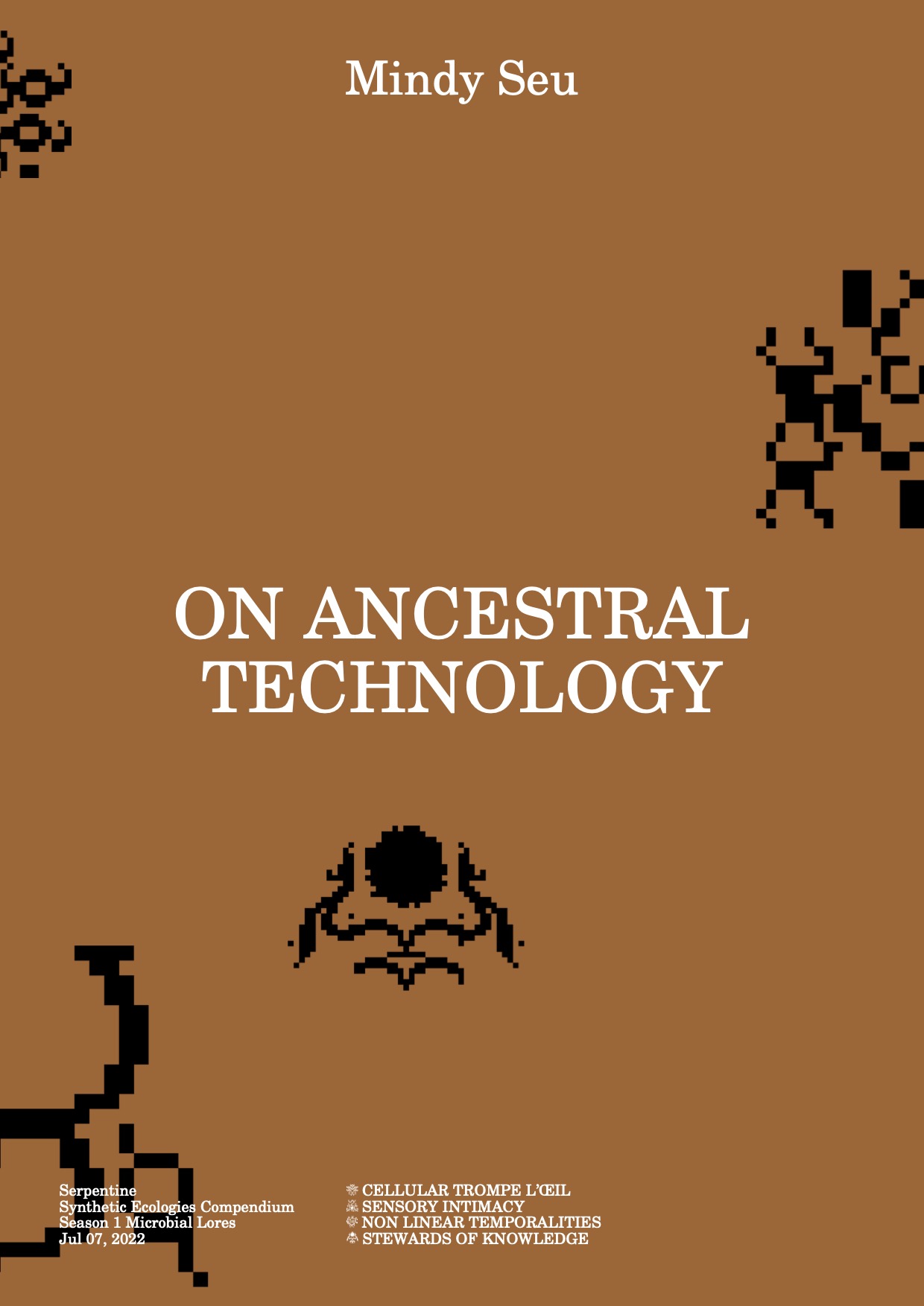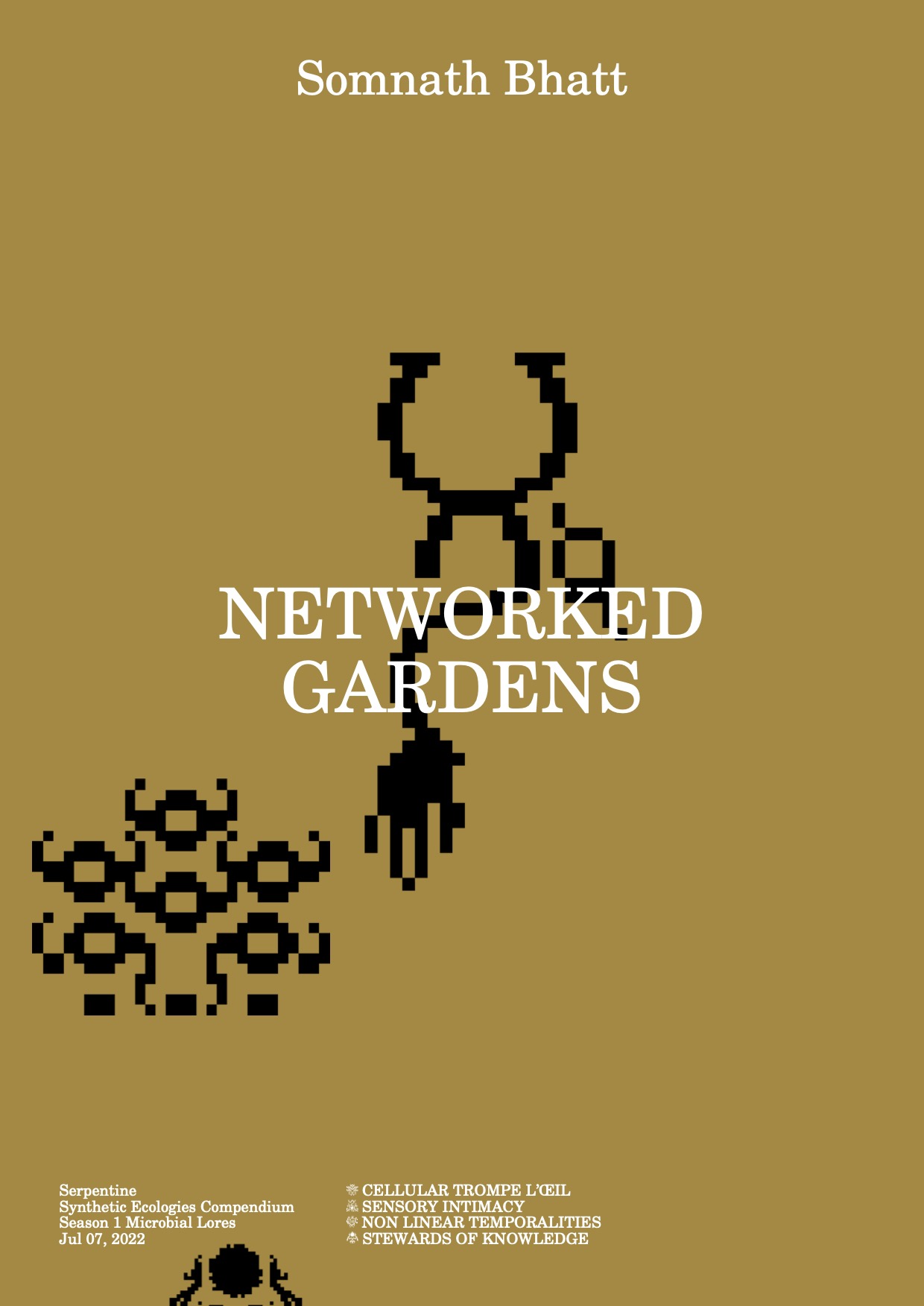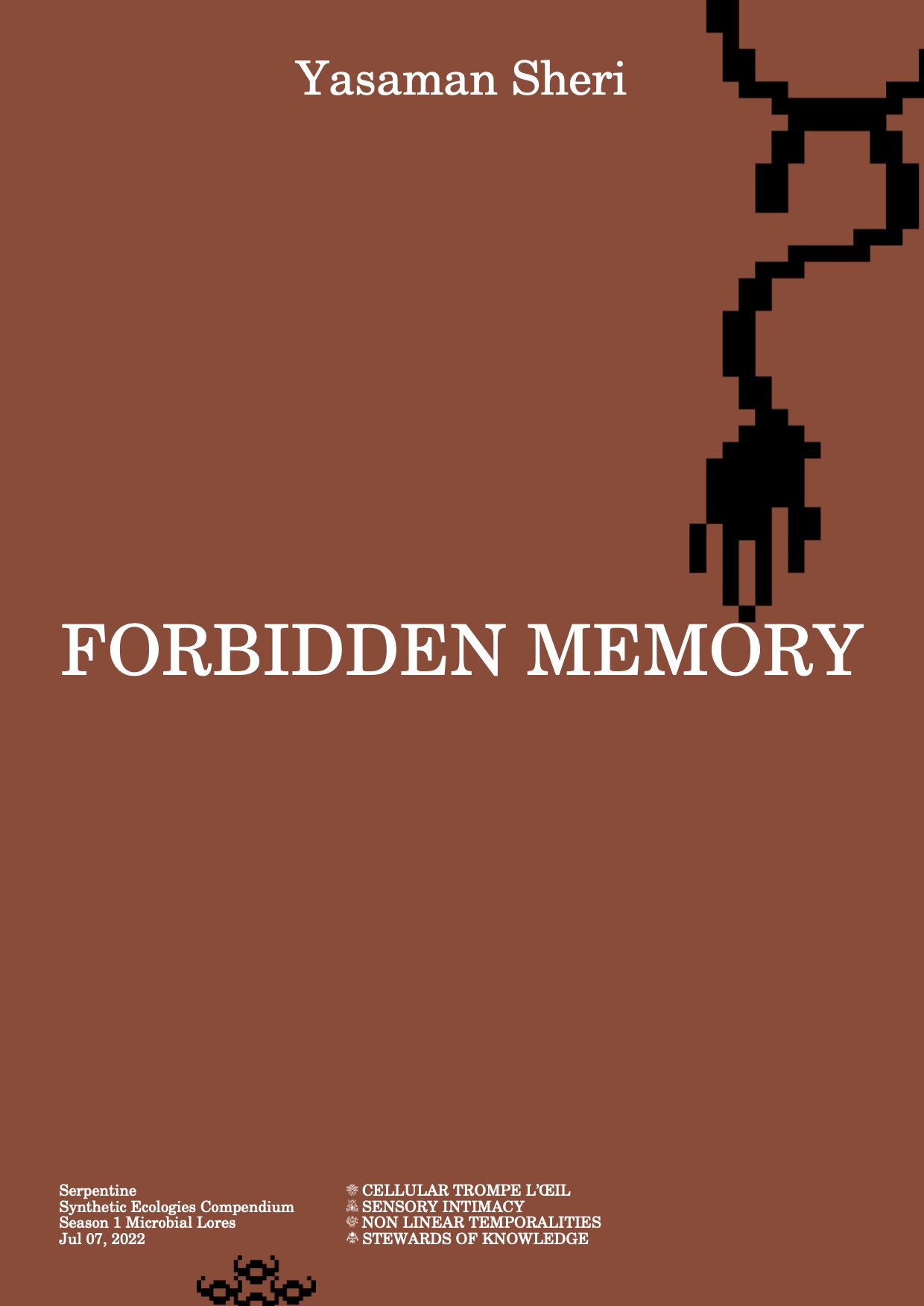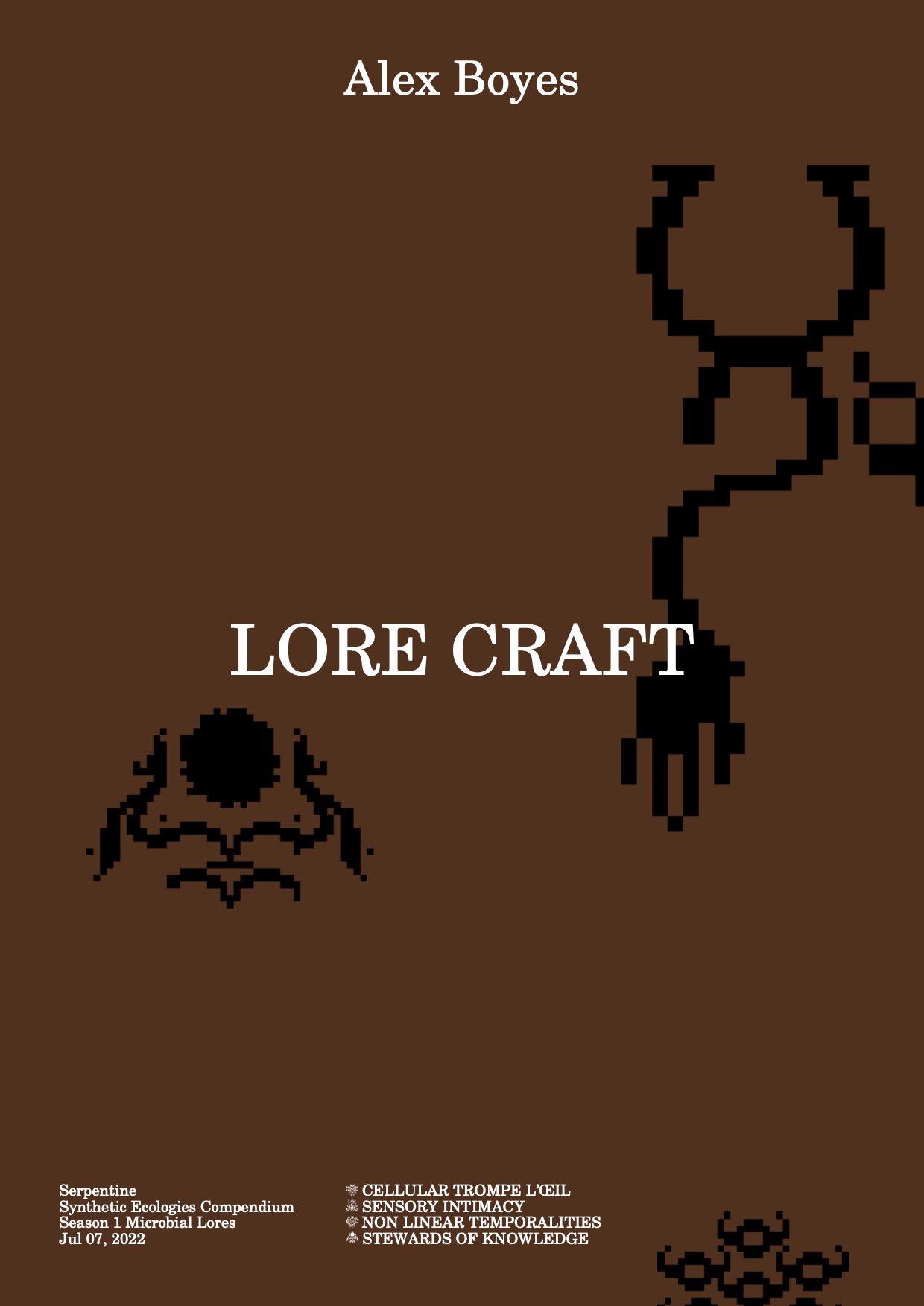SYNTHETIC ECOLOGIES COMPENDIUM
SEASON 1: MICROBIAL LORE
Serpentine Synthetic Ecologies Lab presents Compendium, a growing collective archive of resources, reflections, sketches, conversations, and content that support artistic and critical inquiry into ecology and life sciences. The inaugural season is on fermentation and deep dives into broad histories of knowledge and the invisible scales of life that govern not only our kitchens, but also our contemporary science, culture and technology.
The Synthetic Ecologies Compendium brings artistic and scientific communities into experimental exchanges through iterative narrative building, and contributes to the emergence of Synthetic Ecologies: an intersectional field investigating the interconnectedness of cultural inquiry and living systems in relation to adapting biological developments. Alongside an appointed Guest Curator, the Compendium’s transdisciplinary team of leading scientists, cultural producers, writers, chefs, artists, and researchers, collectively known as a Guild, work around a seasonal topic that propels this field’s construction.
Compendium Season 1: Microbial Lores offers four sub-themes that frame the Guild’s investigations: Cellular Trompe-l’œil, Non-linear Temporalities, Sensory Intimacy, and Stewards of Knowledge. These areas of investigation allow fermentation to be explored not only in the context of food, but also in relation to material innovation, interaction with microbial life, computation, biotechnological advancements in manufacturing, and in centering diasporic, indigenous and diverse forms of knowledge and cultural ritual.
The Synthetic Ecologies Compendium starts out as an online web tool supported by the platform Are.na, providing the infrastructure for research and on-going conversations. Echoing the topic’s intersectional positioning and the Guild’s diversity of expertise, the Compendium coalesces a variety of formats stemming from different knowledge cultures: journals, papers, diagrams, artwork, articles, aural songs, memes and paintings.
As the Compendium continues to grow, it will act as a ‘notebook of conversations’ and gradually aggregate into an expanding archive towards the end of the season in October 2022. From July to October, the Synthetic Ecologies Lab will present the work through a suite of editorial pieces and events with project partners, Guild members and special guests.
You may explore the Synthetic Ecologies Compendium, integrate it into your own research and connect to the wider communities in the emerging Synthetic Ecologies space.
CURATORIAL STATEMENT
Angela Dimayuga
Fermentation has reached fetish status within chef communities. Fermentation as ideology has reached the mainstream via civilian scientists and cultural arbiters. We see this in the Goopfication of our gut microbiome, trompe-l’œils like fake meats, and a generally marketable pro-probiotic lifestyle. Considered during our capitalistic, COVID-era of bacteriophobia and concurrent xenophobia, we as Synthetic Ecologies’ Fermentation Guild look to become students to the untold stories of fermentation, our curiosities develop in imagining the folding of time. Fermentation is for everyone and has always been.
Indigenous and interdisciplinary teachings have appointed stewards of knowledge: teachers, grandmothers, and the metaphorical mother, sometimes with gratitude to deities who have protected and passed on the techniques and bacteria through time. Bread is leavened, juice turns to wine, milk into cheese, and products and proteins are preserved to feed and sustain life.
In the contemporary, Western imperial and empirical teachings of science and fine-dining, invariably regulations, we arrive at the microbial via the microscope. Since fermentation has always been here (including with multi species organisms!) we’ve always relied on the senses to measure the magic of turning something indelible to flavorful and delicious. The 손맛할머니 sonmat, hand taste is sacred indicator. This opening via flavor, new tastes (like umami the 5th taste, and texture the a new 6th?) and today’s work of cellular agriculture, new leathers and antibiotics, the power of fermentation shows the expansiveness of its power via technology and time.
The porousness of our ancient vessels and soils, earth’s elemental materials like clay and earth, a Filipino coconut, holding water that turns to vinegar carry material memory. Vessels and containers to avoid contamination are considered against the modern impermeable vessels of plastics and borosilicate glass like the Petri dish. Wands and spoons transfer bacteria to the next batch, spawning another generation with a gusto of societal impact through persevering transformation. Fermentation unequivocally has and always must be an open science, an embodied muscle memory, an alchemy inviting the emergence of change, from one product to the next with a deepened, more nourished cultural landscape through the nurturing of communities of care.
PROJECT CREATORS & THE GUILD
Project Direction by Yasaman Sheri
Curation by Angela Dimayuga
Contribution by Namita Patel
Contribution by Nadia Berenstein
Contribution by Seetal Solanki
Contribution by Joshua Evans
Contribution by Lucy Chinen
Platform by Charles Broskoski
Lead Research by Chiara di Leone
Writing by Claire L. Evans
Production by Alex Boyes
Web Design by Mindy Seu
Art & Illustratoin by Somnath Bhatt
Typeface by Brian Huddleston
Development by James Wrenford
SPECIAL THANKS TO
The Francis Crick Institute
Kay Watson
Victoria Ivanova
Julia Kaganskiy
David Benque
Aviaja Lyberth Hauptmann
The Synthetic Ecologies Advisory Board
Christina Agapakis
Tega Brain
Elizabeth Henaff
Holly Jean Buck
Erin Kim
Aslak Aamot Kjærulff
David Zilber
Compendium is a Serpentine Synthetic Ecologies Project
supported by Are.na

